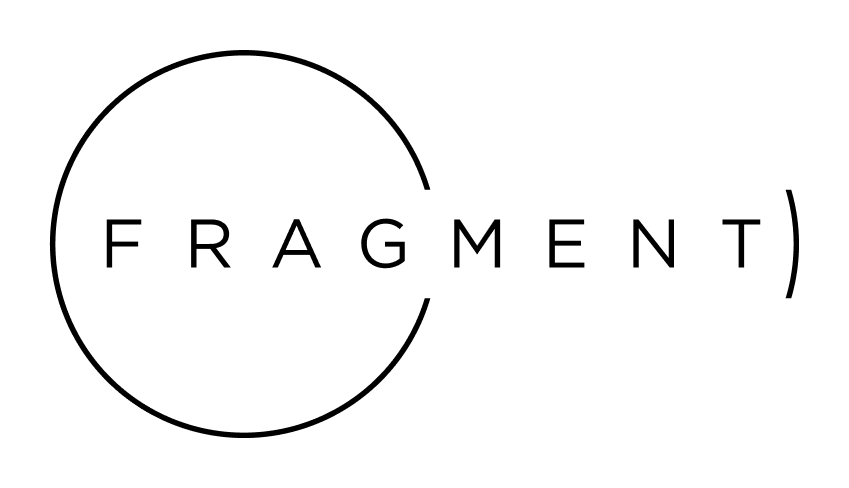Advertising has been the dominant model, and the business incentives for media1 are therefore to distract2 (rather than engage or inform). Furthermore, the media does not work for you, the reader—the media works for advertisers. In Larry Page’s famous phrase, “you are the product.”
The typical media experience is an endless stream of headlines, half of which contradict the other half. The world is a terrible, nonsensical place. I’m filled with outrage, and yet have no way of influencing anything. The result is that we feel confused, isolated, and powerless.
If we’re to be member-supported, then we must work for readers. We must create content that readers will not only seek out, but pay for—we’ve adopted the phrase, “intentional content.” It has to be the opposite of everything above—it has to have an end point, after which I am smarter, more connected, and ready to move on with that knowledge or to take action, if I’d like to.
It may be that most media companies, especially publishers think that they share these goals, and they may in scattered instances actually succeed in providing them, but the overwhelming majority of the news-consumption experience is something else entirely.
To actually live up to these goals, it first requires an entirely new business model (with different imperatives).
Then it will need a holistic rethinking of the entire member experience, as well as the platform and process required to deliver it.
Every car company in the world thought they provided a reliable car, until Toyota came along and showed them what reliability really was. And the only way to provide that was to create the Toyota Production System and completely rethink the production process, including factory design & workflow, employee culture & responsibility, and even accounting practices.
“Smarter, more connected, and ready to act” doesn’t end with content and internal processes either. People want something more than just something to read and watch but in the past the experience has been extended by the advertisements which drew people on past the content and into action. People grow by interacting and once you remove the advertiser, the media can be more than an information delivery system, it can be a manifestation of the community and as other manifestations (literal town squares, the Elks) vanish in the digital era, media’s expanded role will increasingly be the manifestation. To fulfill the whole promise and serve the whole human, we have to go beyond text and video and offer events and gatherings, retail, tools, and travel—a wealth of experience that pulls people out of their routine of work and home and into their communities.
If we can do that—create a holistic experience that makes people smarter, more connected, and ready to make an impact, then people will choose—and pay for—that. They will be intentional about it—in fact, they’ll be living their lives with far more intentionality than before, reversing a trend toward distraction that’s been getting worse for more than a century—since the invention of the mass media. The result will be, for each of our members, a life of choice. A life worth living. A life of significance. A more interesting life.
1 Including social media.
2 Or in the few cases that are reader-supported, it’s a kind of ‘default.’
This post was originally written as an internal memo in November of 2020 to describe what kind of company Fragment was going to be and the problem we were hoping to solve. It is reposted here with minimal editing for transparency.
